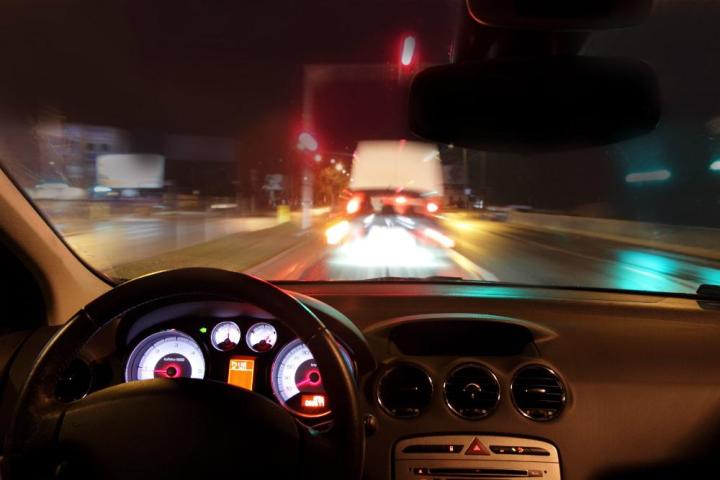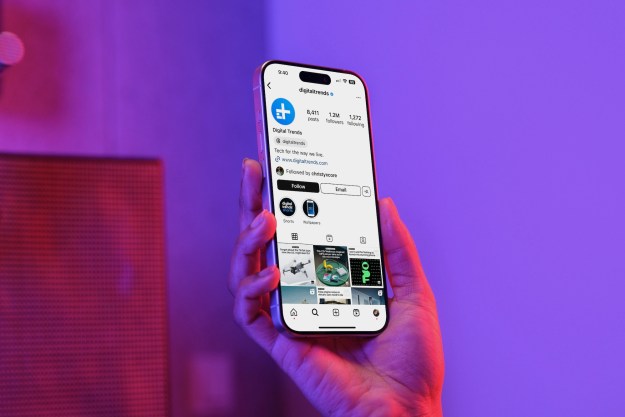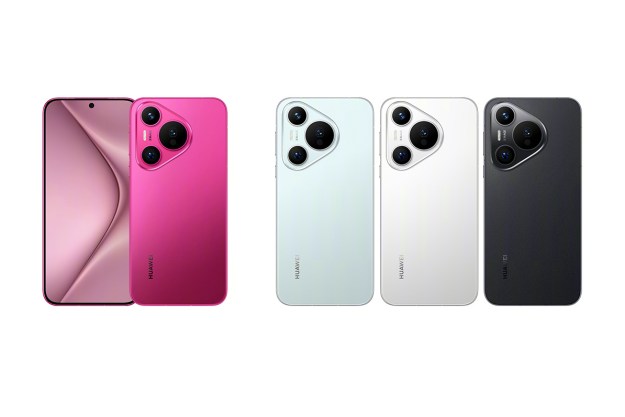
You read that right, the startup better known for its app-based car-sharing business is, like Google, getting into the development of self-driving vehicles in a move that could one day lead to a dramatic transformation in the way it delivers its service.
To help it reach its ambitious goal, Uber has partnered with Carnegie Mellon University (CMU) to create the Uber Advanced Technologies Center in Pittsburgh.
According to an Uber blog post published Monday, the new center will focus on developing key long-term technologies “that advance Uber’s mission of bringing safe, reliable transportation to everyone, everywhere.”
Uber tech boffins will work with CMU faculty, staff, and students both on campus and at the National Robotics Engineering Center to carry out research and development “primarily in the areas of mapping and vehicle safety and autonomy technology,” Uber said.
Expected?
Uber’s self-driving ambitions will come as little surprise to those who recall comments made by Uber CEO Travis Kalanick last year when he said that in the future he could imagine his company’s service shifting from cars with drivers to driverless vehicles. The project may sound costly, and it likely is, but the startup should have little trouble funding it, having in the last year raised several billion dollars from a raft of high-profile investors.
Related: Google’s self-driving car prototype is ready for testing
Uber’s announcement about its technological ambitions came, would you believe, just a few hours after a Bloomberg report Monday suggested Google is looking to launch an Uber-like service, possibly using its self-driving technology. Whether or not there was a hastily convened meeting of Uber’s marketing team is unclear, but with Google’s reported plans quickly filling news sites around the world, it’s easy to imagine the folks at Uber pushing for a swift response in a bid to grab back the initiative.

